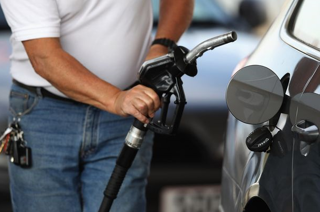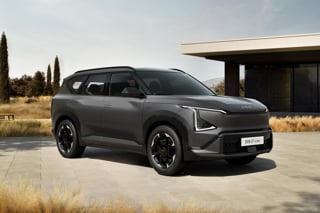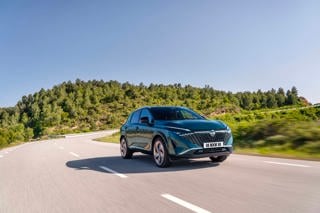Around 400,000 cars will be made subject to £100 additional annual VED road tax bills from April but half of motorists remain unaware of the changing legislation, according to NFDA Trusted Dealers.
Cars previously classified as low emission will be liable for a £100 charge in their first year, costing car buyers more than £400 million in 2017 alone, the association said.
Luxury car owners will also be hit by the changes with even zero emissions vehicles exceeding £40,000 (including electric), liable for an additional rate of £310 a year for five years.
But research carried out by NFDA Trusted Dealers found that half of UK car buyers remain unaware they may face a much larger vehicle tax bill on their next car.
The survey of 1,000 car buyers carried out by NFDA Trusted Dealers this month found that less than half (45%) of people were aware of the changes, and of those who knew about them, one third (29%) did not understand what they meant in practical terms.
Just 12% understood they may have to pay more tax on an equivalent new car bought from April onwards, with the biggest impact on drivers of hybrids and many other low emission vehicles formerly exempt from road tax.
When asked whether the tax changes will make consumers less likely to buy a new vehicle, more than one in ten drivers (12%) said it would delay them changing their car in the immediate future.
The Government currently offers incentives up to £4,500 for car buyers choosing new ultra-low emission vehicles, but more than two thirds (64%) of those surveyed were unaware of the grants on offer.
Ten per cent of drivers believe more support needs to be available to encourage motorists to buy new and used ultra-low emission vehicles.
Neil Addley, managing director of NFDA Trusted Dealers, said: “The survey results clearly highlight that there is not enough information available to consumers about the changes and how it will affect them in practical terms.
“The increase in vehicle exercise duty will be significant for many drivers, especially those with low emissions vehicles who were previously exempt from the tax.
“Research suggests that buyers of smaller, more economical cars will face the biggest tax hike, in some cases paying up to nine times more than they currently do.”
The changes, announced by former Chancellor George Osborne in the 2015 budget, mean that from 1 April 2017 the first vehicle licence will be calculated on a vehicle’s CO2 emissions, potentially shaking up budgets for millions of car buyers.
Under the current rules, cars that emit less than 100g CO2/km do not pay tax, but under the new legislation only vehicles with no tailpipe emissions, such as electric and hydrogen cars, will be exempt from the standard rate of vehicle tax.
Addley added: “The Government is again asking motorists to dig deep and spend yet more money to get their vehicles on the road, while equally not raising enough awareness about the impending changes, what they will cost motorists, or offering an effective alternative.
“To help, we’ve launched a new online portal to guide people clear advice on the changes.”


















Login to comment
Comments
No comments have been made yet.